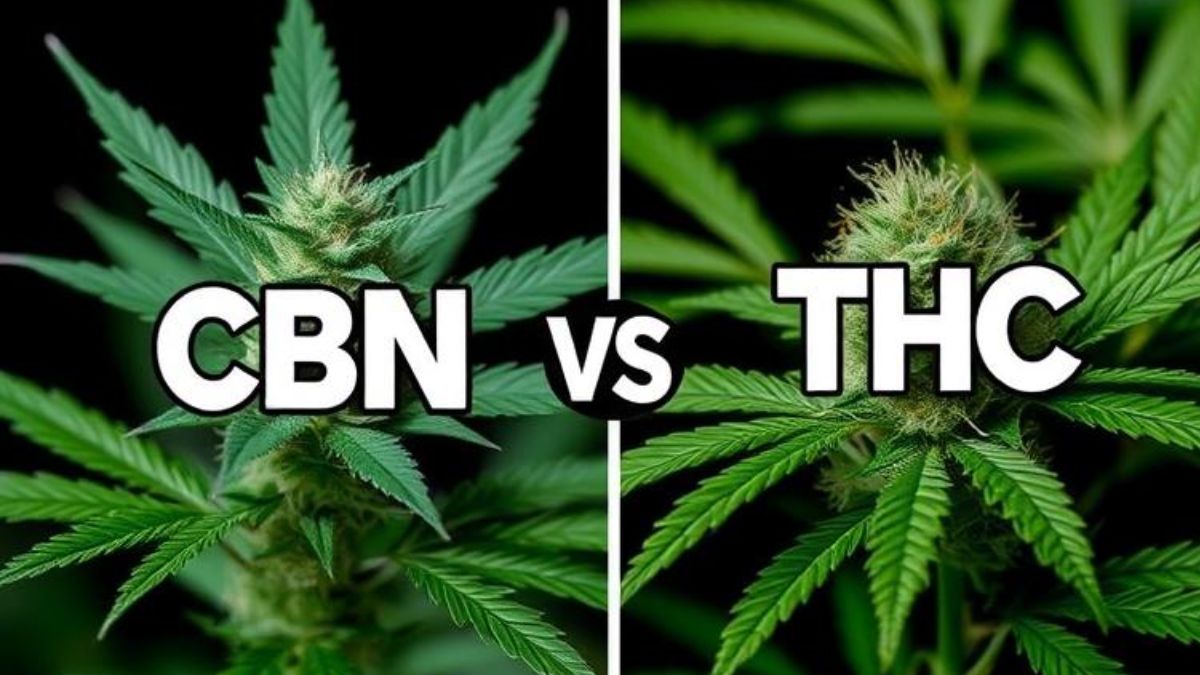
CBN vs. THC: Key Differences and Effects
Many people wonder whether CBN is similar to THC. While both cannabinoids come from cannabis, CBN is only mildly psychoactive, if at all, unlike THC, which produces the well-known “high.” CBN forms as THC ages and degrades, leading to its more subtle effects.
If you’re curious how CBN compares to CBD, check out our detailed CBN vs. CBD guide.
For those interested in how CBN interacts with other cannabinoids, see CBN vs. CBG to explore their unique benefits.
Alternatively, if you’re considering CBN as a sleep aid, it’s worth comparing it to Melatonin.
What is CBN?
CBN, or Cannabinol, is a mildly psychoactive cannabinoid that forms when THC degrades over time due to exposure to heat, light, and oxygen. It is often associated with sedative effects, making it a popular choice for sleep aids and relaxation. Unlike THC, CBN is not known for causing strong intoxication.
Potential Benefits of CBN
Sleep Aid: CBN is often linked to sedative properties, helping promote relaxation and better sleep quality.
Pain Relief: Some research suggests that CBN may have analgesic effects, potentially reducing discomfort and inflammation.
Neuroprotective Properties: Early studies indicate that CBN might help protect nerve cells, making it a candidate for neurodegenerative disease research.
Appetite Stimulation: Unlike THC, which strongly stimulates appetite, CBN may have a milder effect.
What is THC?
THC, or Tetrahydrocannabinol, is the primary psychoactive compound in cannabis. It is responsible for the euphoric “high” that many users experience. THC interacts directly with the endocannabinoid system (ECS), particularly the CB1 receptors in the brain, leading to its intoxicating effects.
Potential Benefits of THC
Euphoria and Mood Enhancement: THC can uplift mood and promote feelings of happiness and relaxation.
Pain and Inflammation Relief: THC is widely used for pain management in medical cannabis programs.
Appetite Stimulation: Commonly prescribed for individuals with appetite loss due to medical conditions like cancer or HIV/AIDS.
Nausea and Vomiting Relief: THC is known to help with nausea, especially in chemotherapy patients.
Muscle Relaxation: It can reduce muscle spasms and stiffness in conditions like multiple sclerosis.
